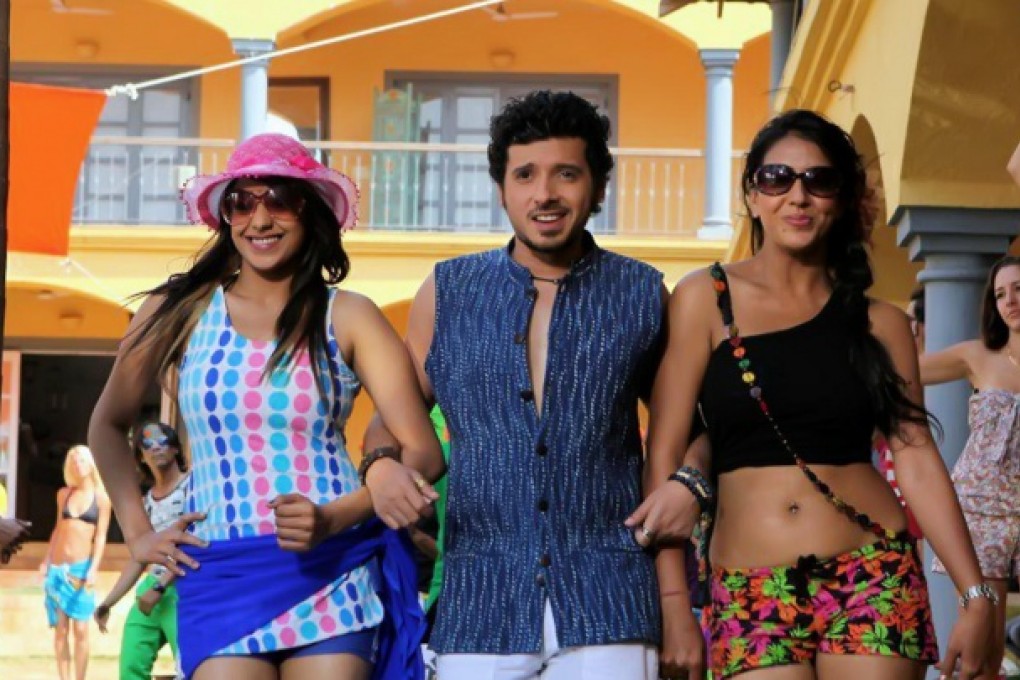Postcard Mumbai
It's raining remakes in Bollywood. It is no secret that mainstream Hindi cinema thrives on stories lifted straight from the highly prolific south Indian film industry...

It's raining remakes in Bollywood. It is no secret that mainstream Hindi cinema thrives on stories lifted straight from the highly prolific south Indian film industry, of which several have recently joined the coveted "100 crore" club of movies that have made over one billion Indian rupees (HK$140 million).
The latest trend, however, involves the production of the 2.0 version of a successful old Bollywood movie. Again, this is not new to Hindi cinema - with the most successful example being the doomed love story of Devdas, adapted from a 1917 Bengali novel and first made into a Hindi-language movie in 1936, then remade several times, with Anurag Kashyap's post-modern Dev D (2009) being hailed for its edgy narrative and clever adaptation.
However, the past few years have seen a spate of remakes, including Karz (1980, remade in 2008 as Karzzzz), Agneepath (with a 2012 version to go with the original 1990 film) and, in 2013, Himmatwala and Chashme Buddoor.
The deputy editor of The Hindu, film critic Baradwaj Rangan, has commented on this: "We're doing what Hollywood does, which is to cash in on a brand name. People have seen it or they know about it - and they don't have to be sold on a new version because they know what's in store."
Certainly, some of the biggest grossers in Hollywood have been remakes of popular older or foreign movies. Not only was Martin Scorsese's version of Hong Kong's Infernal Affairs (2002) a huge commercial hit, but it also won four Academy Awards, including for best picture in 2006. The Departed benefited from an all-star cast, as did Steven Soderbergh's 2001 remake of 1960 Rat Pack vehicle Ocean's Eleven.
Then there is the reverse remake. Hollywood is eyeing the Chinese market - like the rest of the world seeking the attention of the cash-rich Chinese consumers. The hit US TV film High School Musical (2006) was recreated as Musical Youth (2010) for the Chinese market, co-produced by Disney, and included new music with Putonghua lyrics. The Chinese version bombed - according to critics, the result of the fact that certain cultural gaps could not be bridged.